Why 60% of Japanese Workers Now Despise Cherry Blossom Viewing
The revered tradition of cherry blossom viewing, known as hanami, is taking an unexpected turn in Japan. Once cherished as a time to revel in nature's beauty, it has now become tainted for many working Japanese individuals. A recent survey reveals that a staggering 60% of employees express a strong dislike for mandatory hanami events organized by their companies.
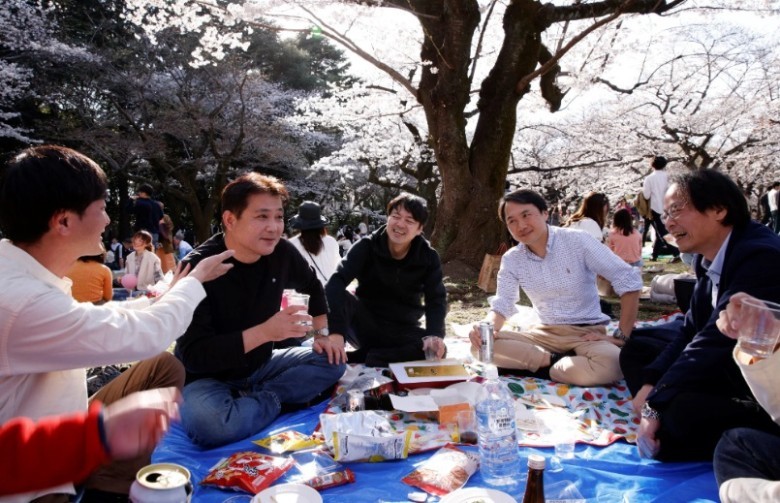
The essence of hanami has been overshadowed by corporate obligations, where workers are compelled to join their superiors and colleagues in orchestrated cherry blossom viewing sessions. This mandatory camaraderie is viewed as a burden by many, akin to being obligated to attend office parties when exhausted or risk being judged for taking time off.
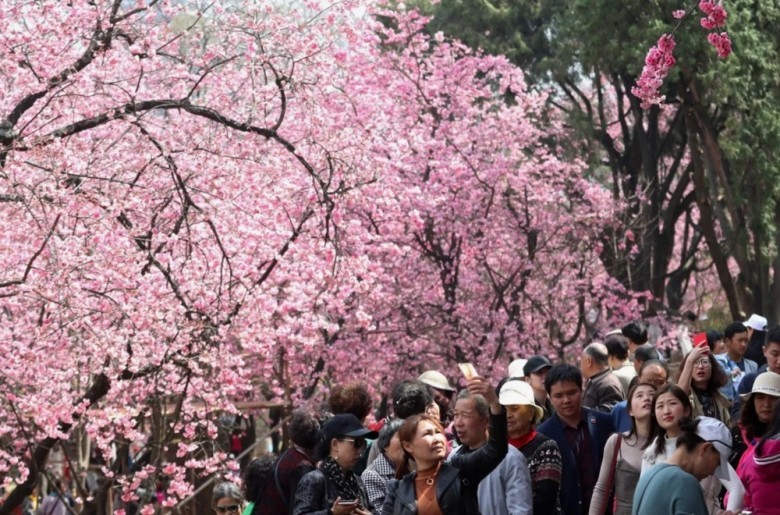
The hierarchy within companies is upheld during hanami gatherings, with women expected to prepare snacks and junior employees tasked with claiming prime viewing spots under the sakura trees. These events often stretch throughout the workday, further adding to the emotional exhaustion experienced by workers.
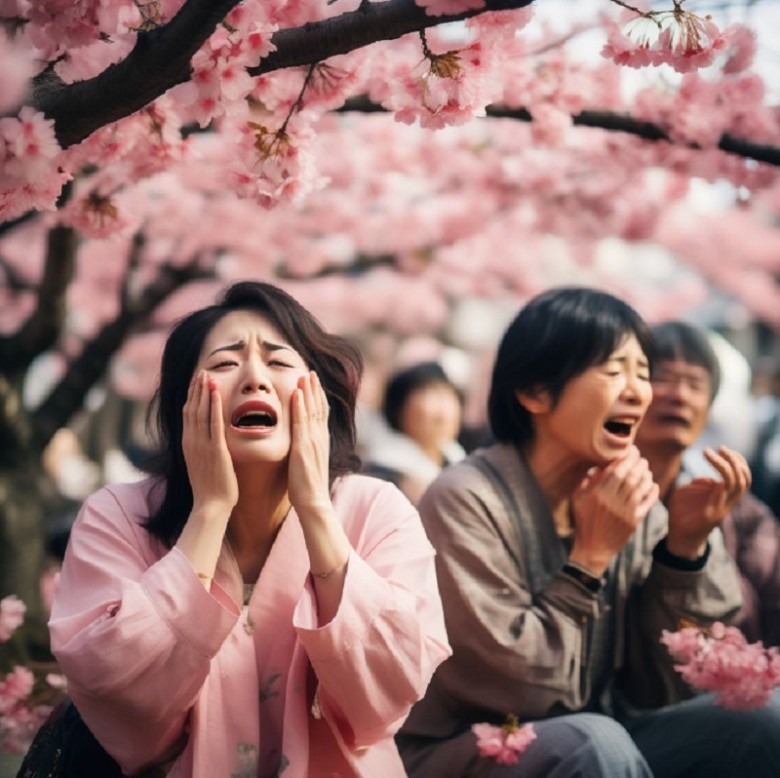
A considerable number of employees express a longing to enjoy cherry blossoms in solitude or with their families, rather than being anchored to obligatory company outings. The desire for autonomy and personal time underscores the growing discontent among workers forced into these corporate traditions.
The reluctance to challenge these norms reflects a broader issue of workplace culture in Japan, where group cohesion and deference to authority prevail. Some individuals have resorted to creative tactics, like inventing fictitious excuses, just to leave work on time without facing judgment.
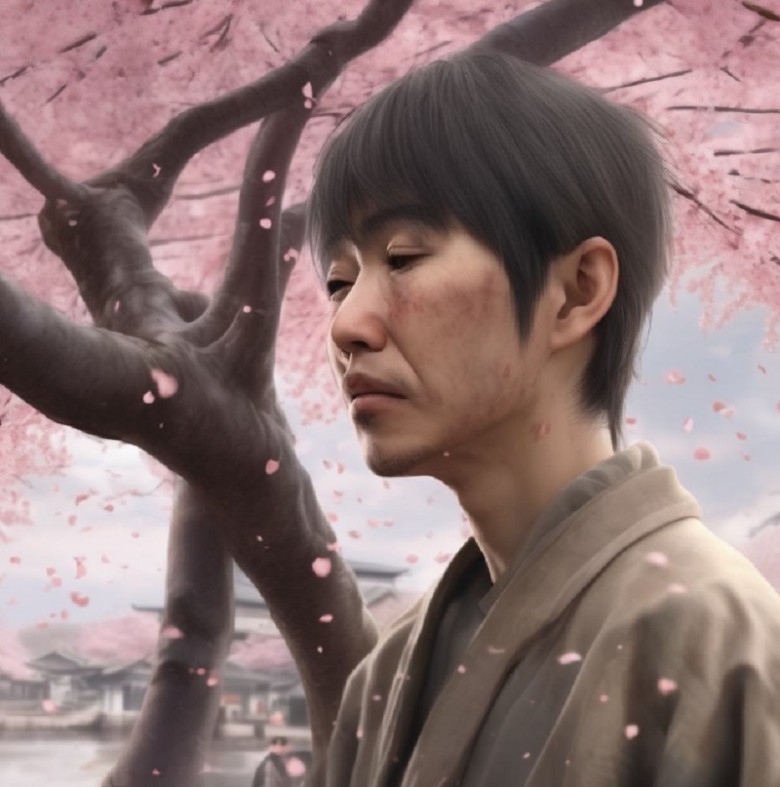
Amid an aging population and a shrinking workforce, Japanese companies risk overlooking the importance of valuing and retaining their employees. The resistance towards corporate events among workers in Japan resonates deeply, highlighting a unique perspective on collective disapproval towards compulsory gatherings.
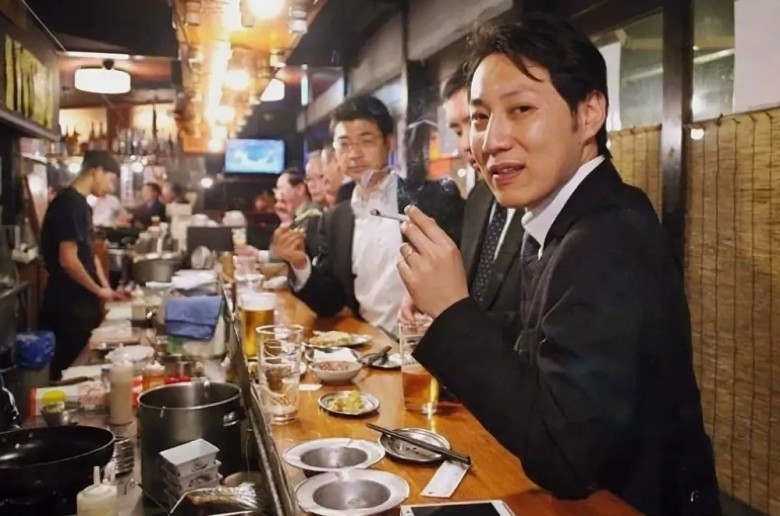
If you think corporate events are a challenge, the animosity harbored by Japanese workers towards such obligations may offer a whole new level of disdain.

















Comments
0 comment